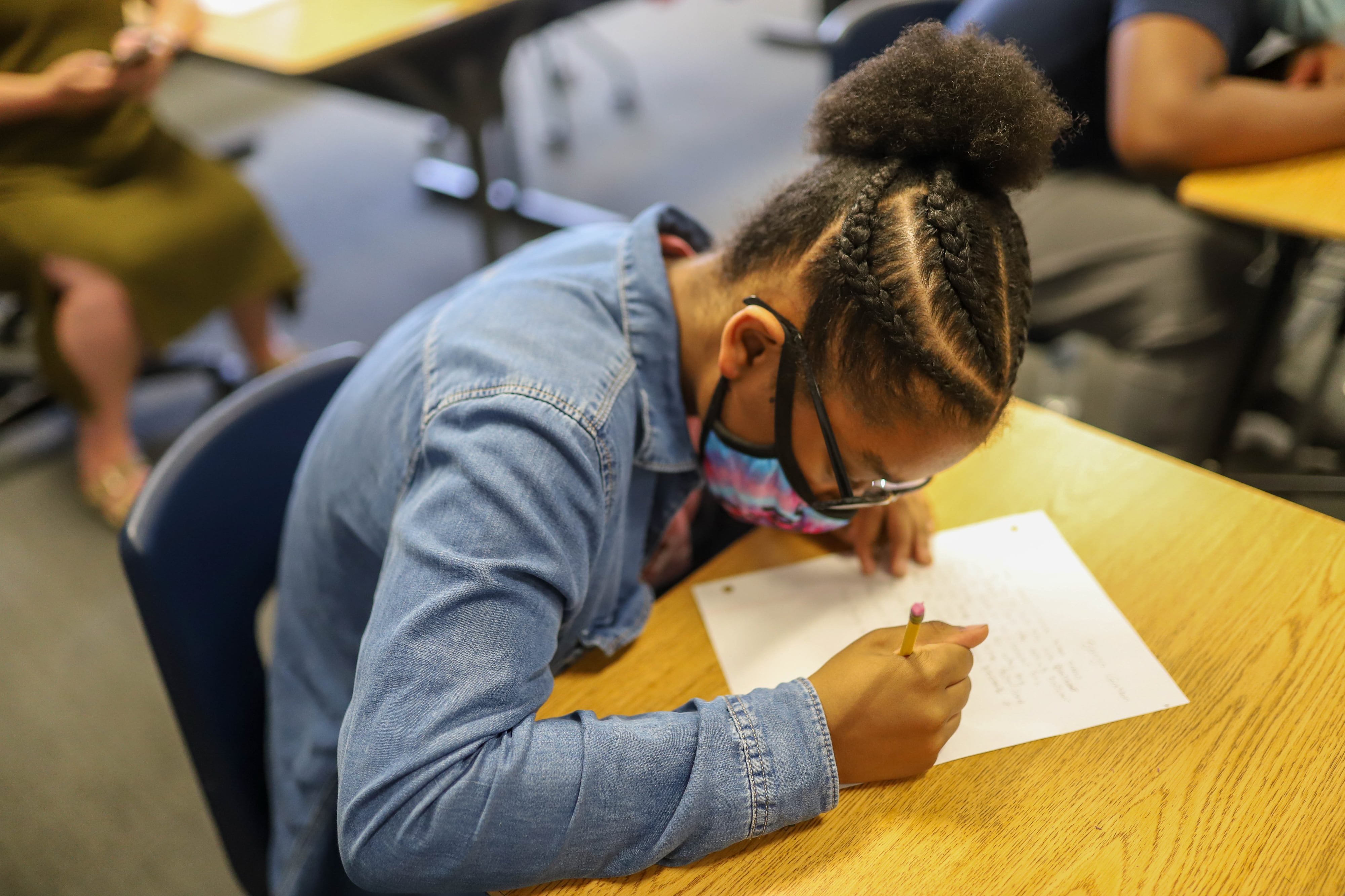Michigan health officials are urging schools in the state to follow federal guidelines on safety measures for the upcoming year, including recommendations that all students and staff wear masks inside school buildings and on buses.
The Michigan Department of Health and Human Services on Wednesday afternoon updated its guidance to schools for 2021-22 school year. Department officials said the update is designed to prevent COVID cases in schools, reduce disruptions to in-person learning, and protect those who are not fully vaccinated.
Schools do not have to follow the state recommendations. Gov. Gretchen Whitmer told media last week she doesn’t intend to require a mask mandate in the state.
“We are committed to ensuring Michigan students and educators are safe in the classroom, including those who may not yet be vaccinated,” said Dr. Joneigh Khaldun, state chief medical executive. “MDHHS is issuing this guidance to help protect Michiganders of all ages. We continue to urge all eligible residents to get the safe and effective COVID-19 vaccine as soon as possible as it is our best defense against the virus and the way we are going to end this pandemic.”
The updated guidance comes as school districts across the state prepare for a school year in which more students are likely to be learning in person rather than online.
“Our students and staff need to be in schools as much as possible this year,” said State Superintendent Michael Rice. “Following the informed guidance from national and state health experts will help keep our students and staff healthy and help maximize student learning.”
The U.S. Centers for Disease Control last week issued new guidelines that call for masks to be worn by students, staff and visitors inside schools and on public transportation, which includes school buses.
The Detroit Public Schools Community District had previously planned to allow vaccinated individuals to go maskless if they are in a classroom full of vaccinated individuals. But Superintendent Nikolai Vitti said in a statement the day after the CDC guidance was issued last week that the district “will be moving to a recommendation for universal masking.”
Around the country, Denver Public Schools announced Tuesday that it would follow the CDC guidance and the Illinois governor on Wednesday announced a statewide mask mandate. Indianapolis Public Schools changed its mask policy after the CDC release.
The Michigan state health department said the best way to prevent transmission of the virus in school buildings is to have multiple strategies in place. In addition to the mask guidelines, strategies include promoting vaccination for students and staff who are eligible to receive the shots, social distancing three feet between people, screening, proper ventilation, staying home when sick, contact tracing, cleaning and disinfection, and other measures such as hand washing and covering coughs and sneezes.






